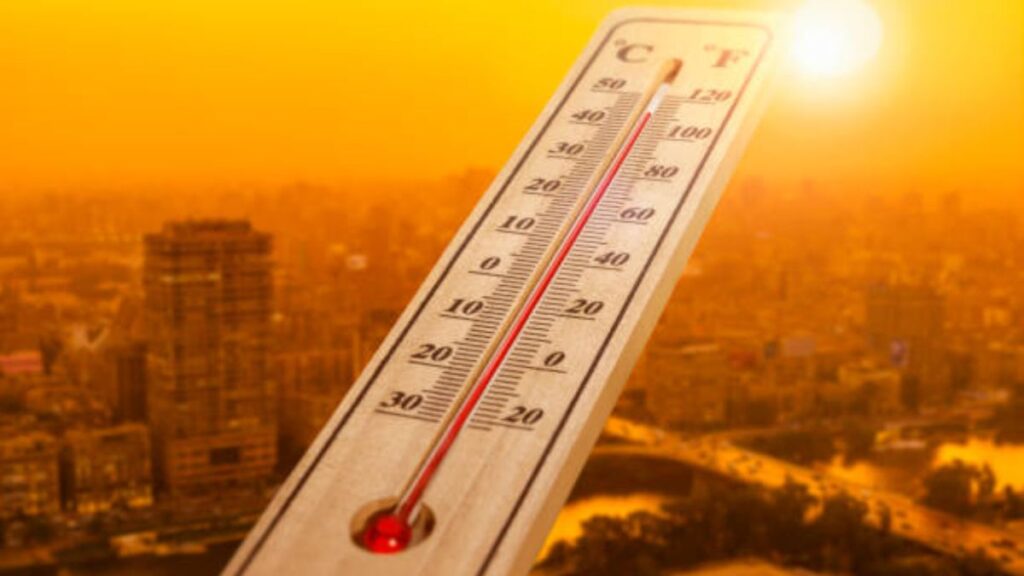India Braces for Scorching Summer as IMD Warns of ‘Double Heatwave’

Northwest India Set for an Intense Heatwave Season
India is set to experience a hotter-than-usual summer, with the India Meteorological Department (IMD) predicting nearly double the usual number of heatwave days. Northwest India, which typically records five to six heatwave days in a season, could face 10 to 12 this year, according to IMD scientist Soma Sen Roy.
“We are expecting slightly above-normal heatwave conditions, especially over West and Central India. Generally, Northwest India sees around 5 to 6 heatwave days. This year, we expect 10 to 12 days, which is double the normal,” Roy told ANI.
This prediction does not necessarily mean every day will be exceptionally hot, as the IMD will continue providing extended-range and daily forecasts for localized accuracy.
Rising Temperatures Across India
The Seasonal Heat Outlook for March to May 2025 suggests that most parts of India will witness above-normal maximum and minimum temperatures. However, parts of southern Peninsular India and the Northeast may see near-normal or slightly below-normal temperatures.
The IMD has not confirmed whether this summer will surpass the record-breaking heat of 2024, when India recorded 554 heatwave days—the highest in its history. A heatwave is officially declared when the maximum temperature in the plains reaches at least 40 degrees Celsius or rises five degrees above normal.
Brief Respite Expected for North India
Delhi and surrounding areas will experience rising temperatures, with an expected increase of 1-2 degrees Celsius in the coming days. However, relief may arrive as north-westerly winds from Rajasthan could lead to a 3-4 degree drop in temperatures.
These winds, blowing at speeds of 20-30 km/h, are expected to sweep through Punjab, Haryana, and Rajasthan, making the weather dusty and dry. Meanwhile, authorities are likely to issue advisories urging residents to take precautions against the extreme heat.
With India heading into a scorching summer, citizens are advised to stay hydrated, avoid prolonged sun exposure, and follow official heat advisories.









